We are on a mission to redefine human potential.
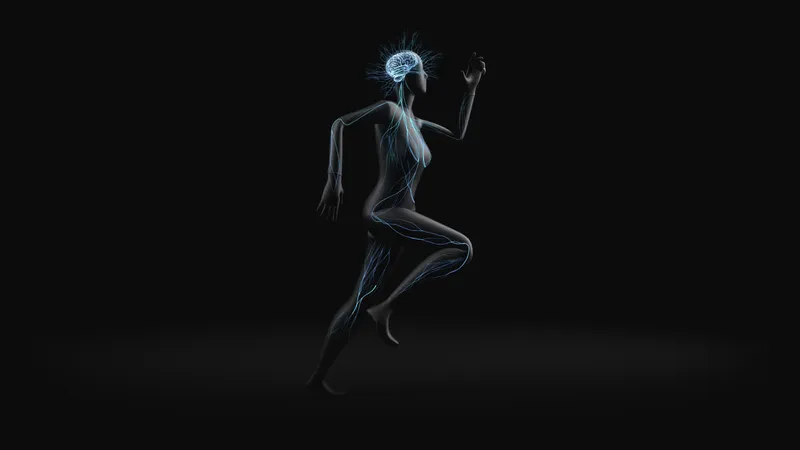
ABOUT US
Since 2019, Flow Research Collective has led the field in flow state research and training. Through our work and advanced neuroscience partnerships, we decode what happens in the brain and body during peak performance, then apply those insights to help individuals and organizations perform at their best.
Featured in











The WHY
Our PURPOSE
By decoding the neurobiology of flow, we tackle two of the defining challenges of our time—mental health and human performance. Both addressed through the same biological mechanism.
OUR FOUNDER
STEVEN KOTLER
Steven is a four-time New York Times bestselling author, three-time Pulitzer Prize nominee, and pioneer of performance neuroscience. Steven's journey began in the 1990s in action sports journalism, where witnessing athletes achieve the seemingly impossible sparked a 30+ year obsession: decode the neuroscience behind extraordinary human performance. That obsession has fueled 17+ ventures in performance neuroscience, media, and conservation, all united by one mission: proving what humans are capable of when they access flow.
Book Steven For A Keynote

Executive Team

Steven Kotler
Founder & Executive Director
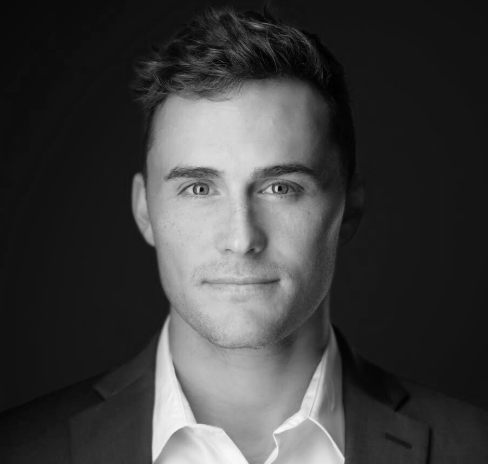
Chase Prado Adams
Managing Director & Chief Revenue Officer

Dr. Michael Mannino
Chief Science Officer
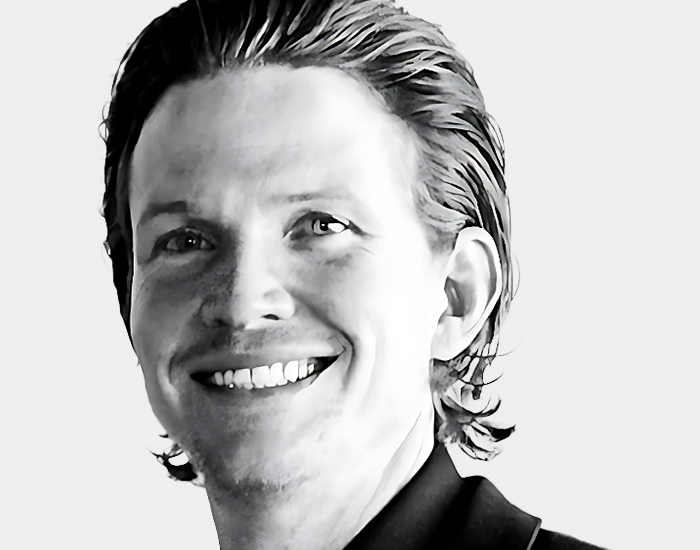
Ryan Wickes
Chief Of Staff

Kelsey Wyman
Head of Operations

Dr. Andy Newberg
Advisor
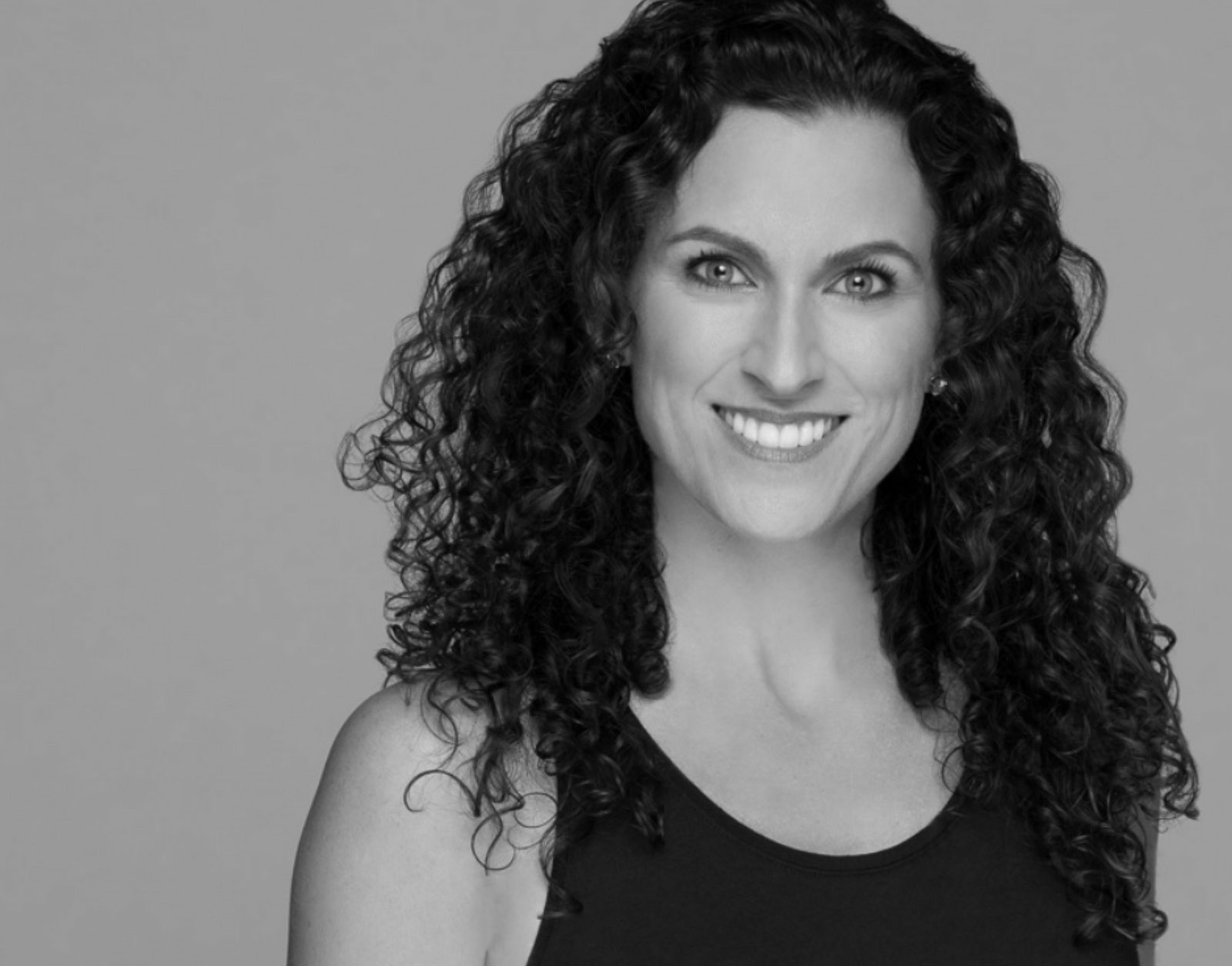
Dr. Sarah Sarkis
Advisor
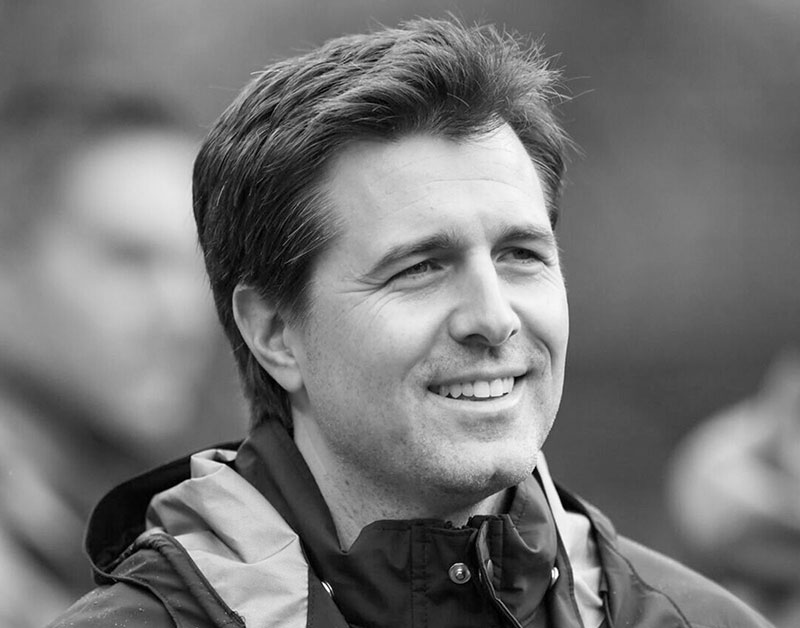
Dr. Michael Gervais
Advisor
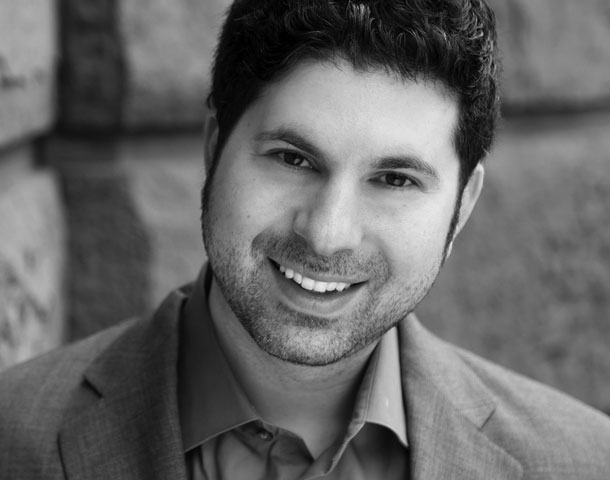
Dr. Scott Barry Kaufman
Advisor
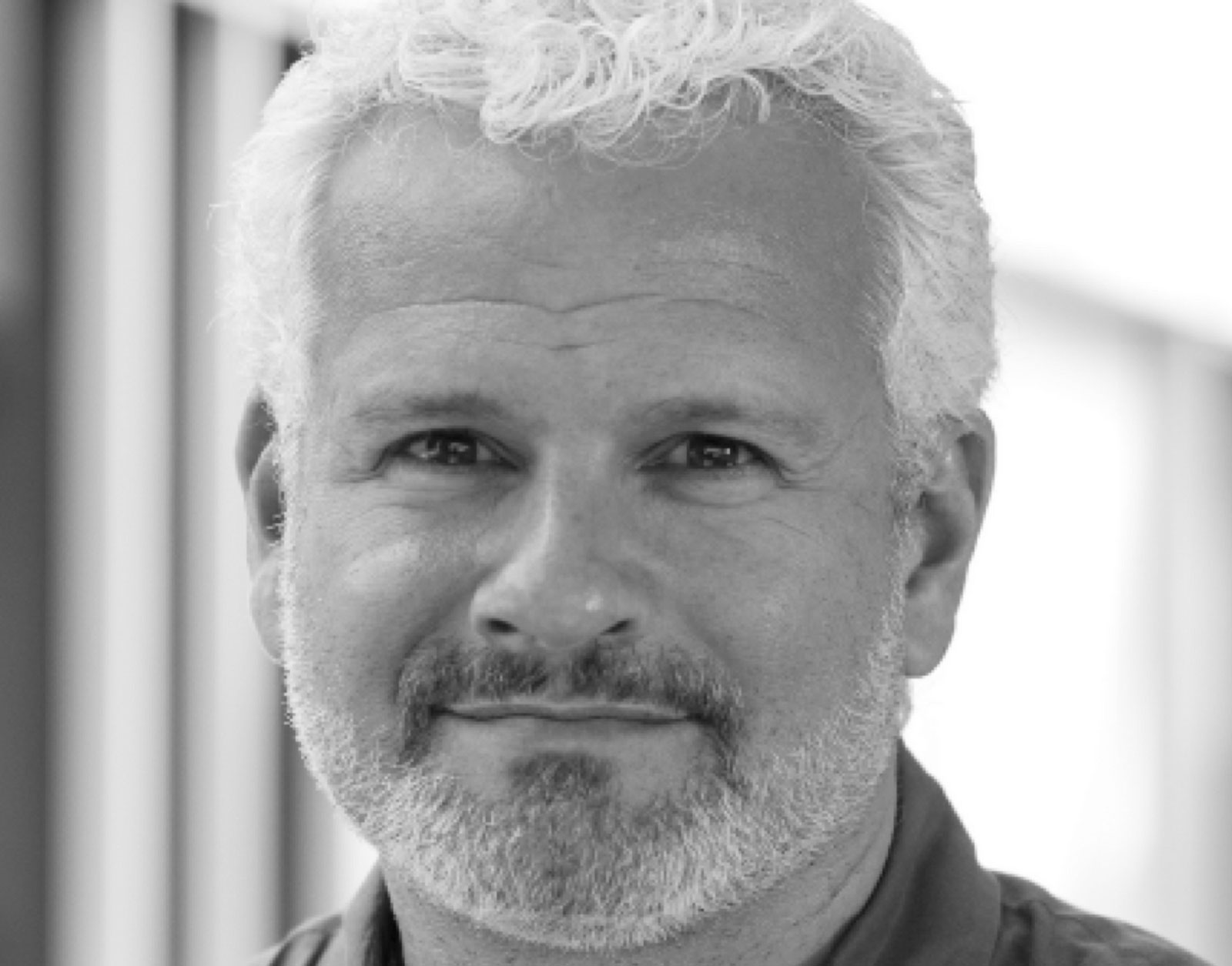
Dr. Adam Gazzeley
Advisor
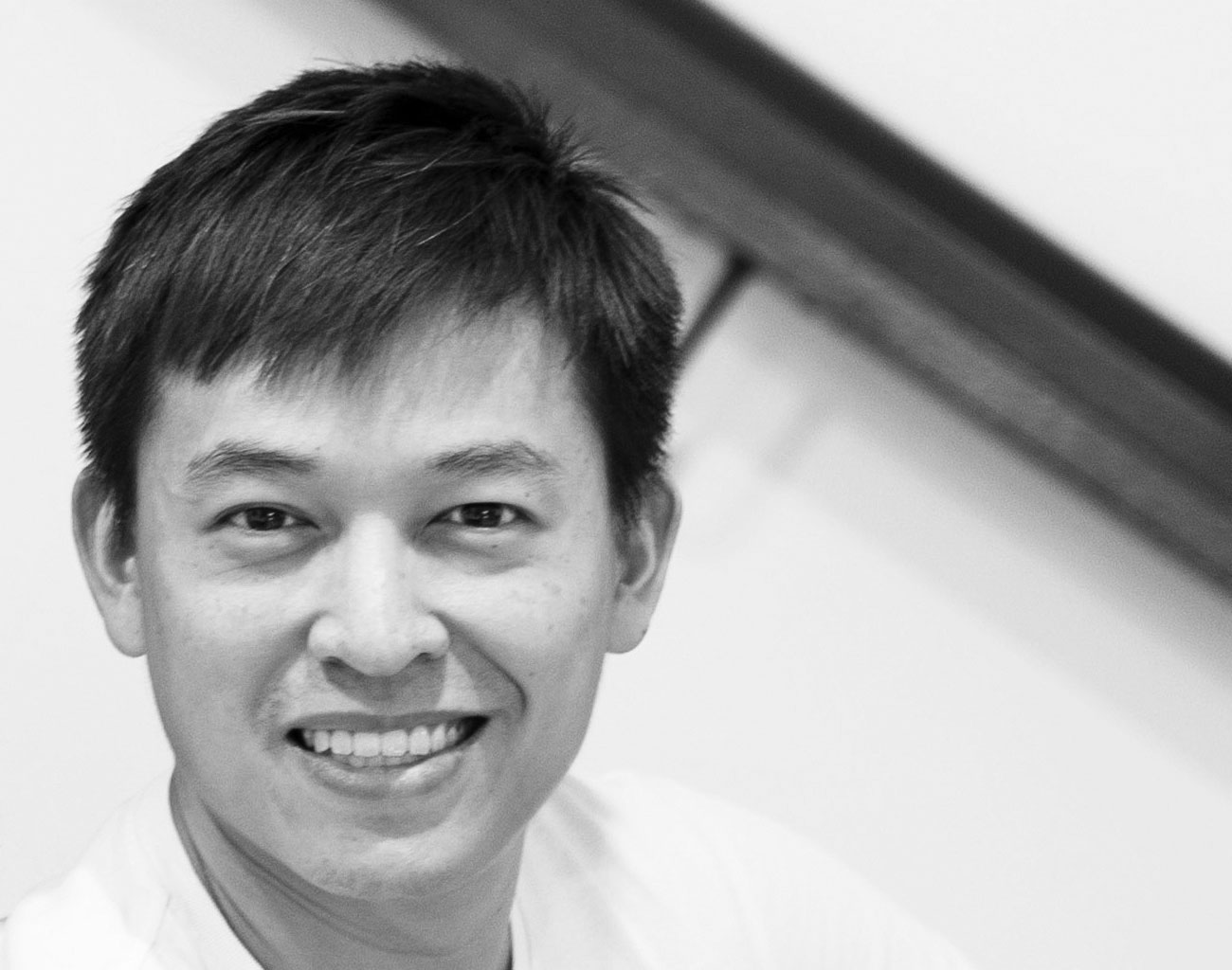
Khai Yong Ng
Marketing Specialist

Neesh Sinagub
Executive Assistant to Steven Kotler
